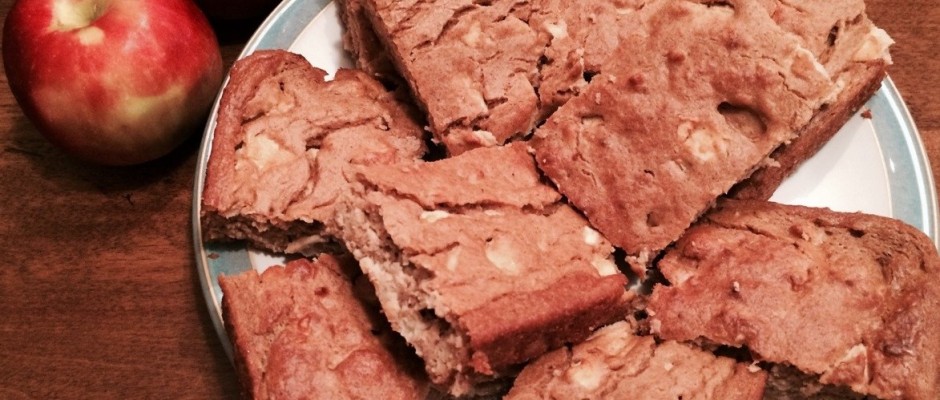We all have a story when it comes to food and our relationship to it, so I wanted to share mine.
Food was a constant topic of conversation and concern in my family because my father was a type 1 diabetic. The word “Balance” and “Sugar” were not foreign to us as my parents were educated in the principles of food combining and the importance of controlling blood sugar levels.
My interest in health and nutrition was born out of several factors, one of which included my mother being diagnosed with multiple sclerosis in her early 30’s. At the time food was not considered to play much of a role in the onset or progression, but my curiosity and interest led me to believe there had to be some connection. Here began my educational journey into my own health (struggling with my weight fluctuations, energy, moods, etc.) and hoping that my future would be more about preventive health as opposed to my parents’ physical hardships.
My degree in kinesiology and psychology sparked my interest in exercise physiology. I was intrigued by the body’s hormonal responses to the foods we eat. I played around with my own diet and understood on a logical level why eating healthy and exercising was not enough to reach my goals. It was so much more than that.
Over the next 5 years I continued studying and educating myself on how to maintain optimal hormonal balance, and strongly believed that we could all benefit by adopting the principles taught by endocrinologists, to eat as if we were diabetic! Controlling sugar levels and eating balanced were the key components to sustaining energy levels, maintaining a healthy weight, and feeling good emotionally. If you give your body more energy than it needs (no matter how healthy that food may be), or faster than it needs it, there are likely to be consequences.
I moved abroad to study public health. There I became interested in food and its relationship to the growing population of diabetics (primarily type 2) and other metabolic x syndrome complications. When I returned to Canada I developed a 10 week weight loss and nutrition program and ran it out of a chain of fitness clubs. I worked primarily with woman on changing their eating habits to reach their goals. Although I understood the relationship between food and weight loss, the common belief was that as long as we eat healthy and exercise, we should be able to lose weight and feel great. To many people’s dismay, this was often not the case. You can gain weight eating healthy foods, and you can lose weight eating unhealthy foods. It is more about how food gets metabolised (how quickly it breaks down) than which foods you eat. The more nutritionally dense a food is, the better it is for you, but anything eaten in excess, can also lead to undesirable effects.
After spending a few more years studying nutrition and holistic nutrition, I got married and became a mom. I believed I knew a lot about my body and weight, but found out I knew less than I thought. Not only did I gain 70 lbs, I learned that life’s events, trials and tribulations can change your body’s chemistry forever. We can never stop learning or working on ourselves. I broadened my area of interest and started to run workshops for Corporations, the MS society (my mother passed away at only 55 years of age and I felt food played a role in the progression of her disease) and families with diabetes.
This brings me to today. My children are now 4 and 5. I truly believed my kids would not be ‘picky’ eaters, but it has not turned out that way one. Even all my knowledge and expertise did not stop them from being kids. About a year ago as I was realizing it was getting worse, and knowing that they were both about to begin school and take lunches with them, I decided to make some changes around here. It was not easy, and involved some difficult evenings, but it paid off. When I speak with parents and they voice their concerns in regards to their children’s resistance to change, I always suggest they think about what they would do if they found out their child had an allergy to any specific food. Any parent who has a child with a food allergy will undoubtedly agree that they go to the greatest measures to protect their child. This usually involves personally preparing foods, reading labels, becoming educated in what is in foods, as well as what will happen in the event they come into contact with that food.
The interesting thing is that many foods nowadays can be dangerous for our children (in the long term) as they are filled with harmful chemicals, preservatives and lack nutrients. When we combine that with a lack of balance (inadequate protein and good fats), this is a recipe for health complications later in life, as well as less than optimal behavioral side effects now!
I am not saying that all behavioural issues stem from the foods we eat, but I would argue that we can definitely improve our children’s concentration, energy levels, immune system and even academic performance by choosing foods that provide kids with meals and snacks that are released slower and packed with more nutrients. Many foods on the market geared towards kids are simply bad for them. There is no other way to say this. They are often marketed as nut free or natural, but when you look into the ingredients, they are no more nutritious than buying gummy bears!
This is why I want to run these workshops, and this is why I would LOVE for you to be there. I may not tell you what you want to hear, and you may not agree with some of my beliefs, but if you walk away with 5 or 10 positive changes that you take back to your home and incorporate with your family, you have succeeded. And the next workshop you go to or next article you read, you will make another few changes. This in my opinion is commensurate with good parenting.
Organic or not organic? Dairy or no dairy? These are for you to figure out. Get the information and make a choice. Assess the benefits to your family from the changes you have made. My kids may end up doing things differently than me, but I will put their nutritional needs as my top priority in order to put them on the right track in life.
We don’t know what life has in store for us unfortunately, but we can try to be more in control of the negative effects of poor nutrition habits by monitoring the foods we put in our bodies.
Hope to see you all there.
To register for a workshop in your area go to https://melissajacks.com/product-category/programs/seminars-workshops/
Melissa Jacks






Comments are closed.